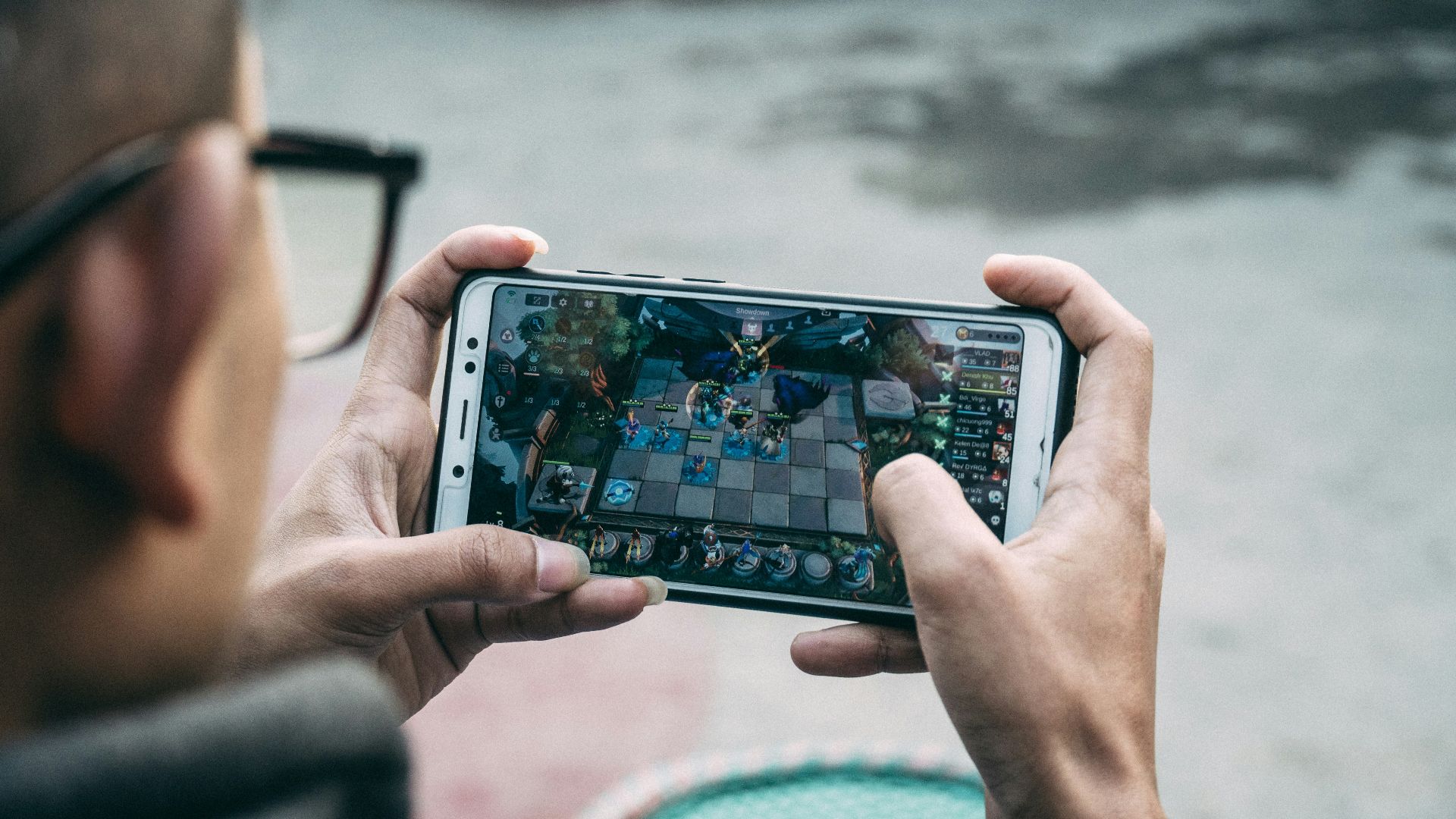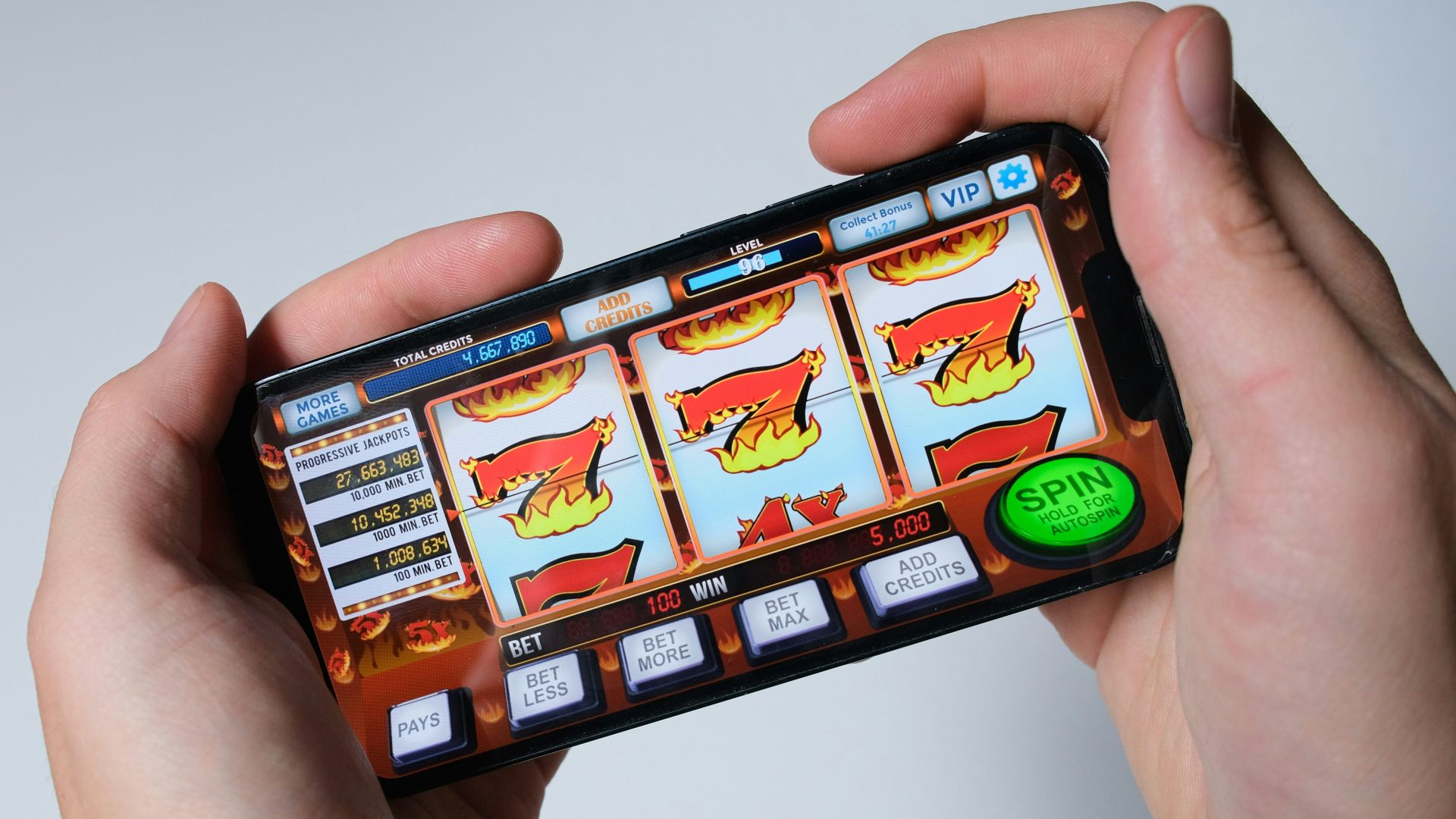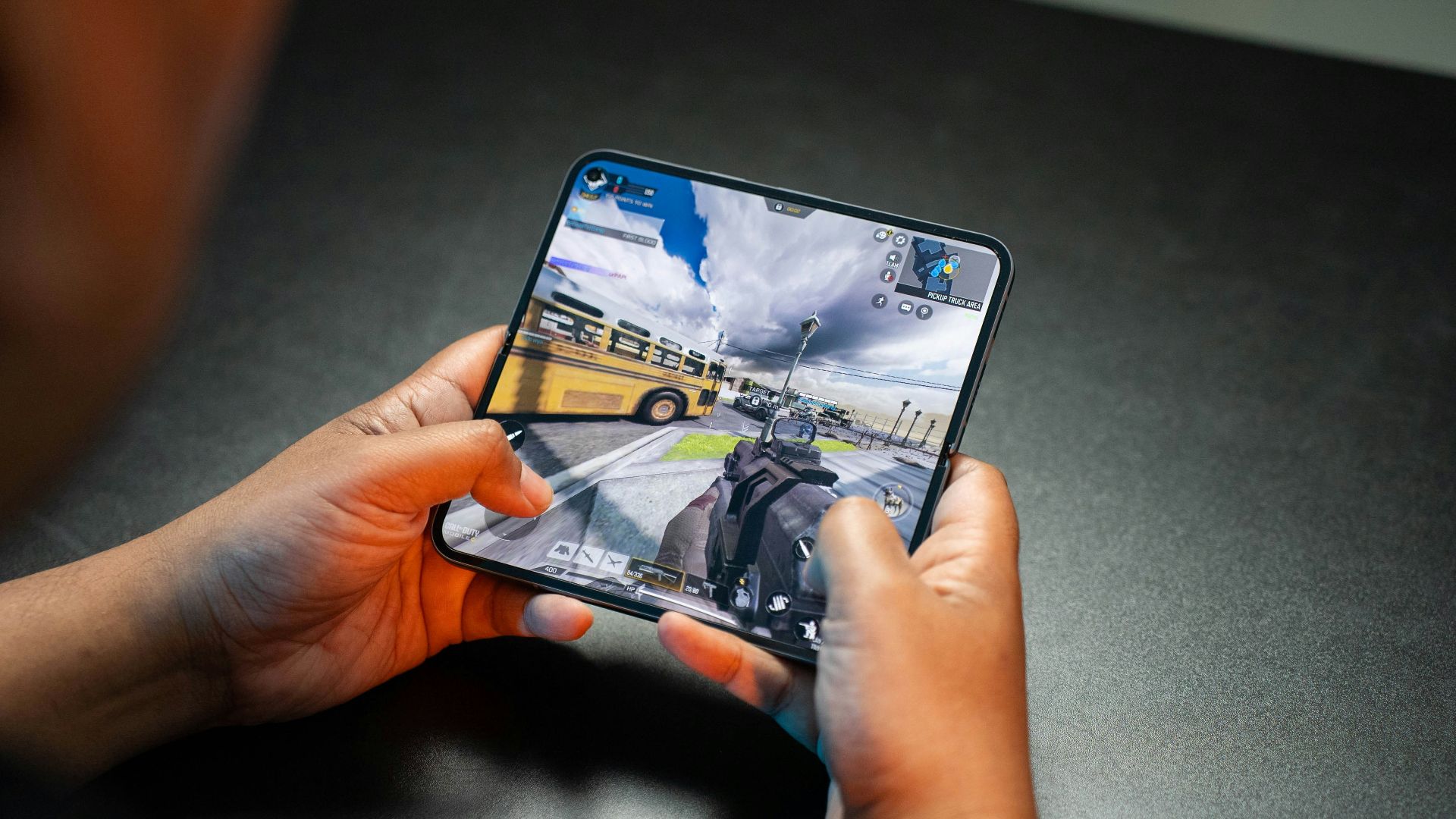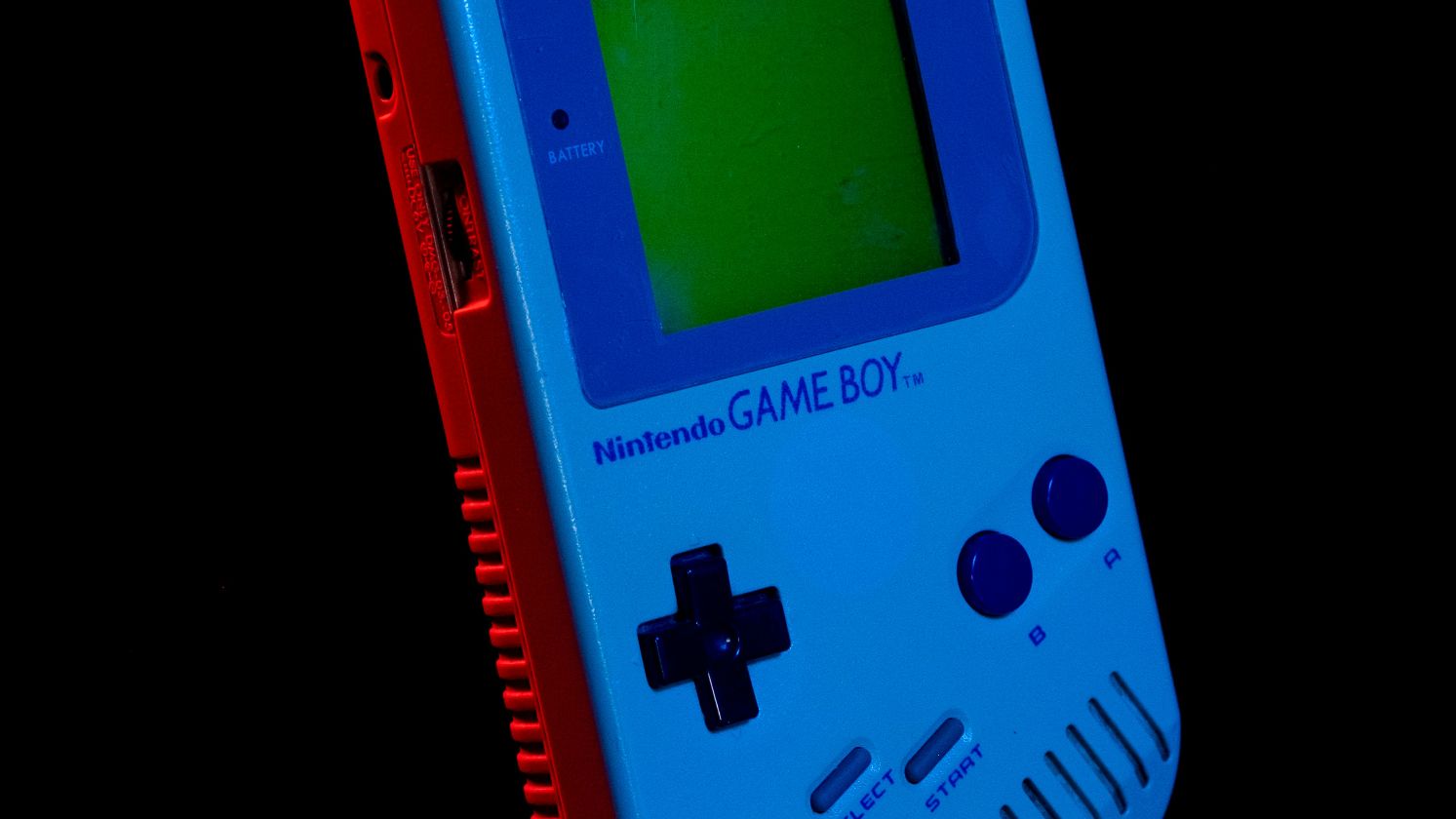You open the app because it’s free, and ten minutes later you’re still there. An hour flashes by. Suddenly, a $4.99 in-app purchase doesn’t feel like real money, and $99 feels like a rounding error. That gradual shift is not an accident or a lack of willpower. These games are built by people who studied casino floors, behavioral psych textbooks, and every weak spot in the human brain. They make billions, all from people who started out playing the game with a promise to themselves that they wouldn’t spend a dime.
Loot Boxes Are Straight-Up Slot Machines
You open the chest and spin the lights, feeling a tiny jolt before the animation even plays out. It’s strange how a game can make your hands warm and your jaw clench a little in anticipation. The funny thing is that you already know the odds are terrible, yet your pulse still quickens. That little thrill is manufactured, sure, but it still feels real. It threads through the whole experience. Maybe that's the trick that keeps you coming back.
Variable Ratio Reinforcement
The chest flashes once, then twice, then bursts into color. It could be trash or treasure—doesn’t matter. It’s the unpredictability that hooks you in. Rewards arrive on a schedule even the designers can't perfectly predict. It's the same rhythm that keeps retirees glued to slot machines in Reno. It's the same math behind carnival games that seem rigged but let you win just enough to keep thinking you're close. Sometimes you are close, but usually you're not.
Genshin Impact offers a 0.6 percent chance at the character you actually want. Despite the high probability of failure, you can’t help but think you’ll beat the odds. Three gold stars appear, leaving you one shy of the jackpot. The game shows you the exact distance between you and what you wanted. Next time, maybe, you tell yourself and oddly enough, you actually believe it.
Daily Rewards and the Quiet Chains
Log in seven days straight, and the prize grows. Miss a day, and the streak collapses. Your brain hates losing progress more than it likes gaining it. You end up tapping through menus mid-dinner or waking up at 3:05 a.m. because the server reset just hit. We've all done some version of that to protect a digital calendar with fake stamps.
Every major mobile game runs the same trick—Candy Crush, Clash, Honkai. They dress it up as engagement. Really, it's just a strategy to keep you from logging out. And it works—better than you’d think.
Premium Currency and the Vanishing Price Tag
Real money turns into gems, crystals, or star coins—whatever adorable nonsense name they pick. Once the cash becomes colorful tokens, it stops feeling like anything tangible and you lose track of the actual money involved in a hurry.
Casinos figured this out decades ago with chips. These digital games just made the chips sparkle and spin. Sometimes they even chirp when you buy them. You hear a little celebratory trill, and while it’s ridiculously transparent, it’s equally effective.
Limited-Time Offers and Manufactured Panic
A new banner flashes: twenty-four hours left. Suddenly your heartbeat kicks into a strange little gallop. Even if the character looks like a refrigerator in a cape, the idea of missing out feels unbearable. Scarcity works. It always has.
And the worst part is how quickly the clock starts living in your head. You check it once, then again, then again. Friends are already rolling, Discord lighting up with screenshots, and suddenly it’s not just a game mechanic; it’s a countdown aimed directly at your patience.
Social Proof and the Quiet Pressure
Your teammate buys the glowing dragon skin, and chat instantly erupts with “Whale!” Leaderboards flash the week’s top spenders like billboards, and kids in voice chat start roasting anyone stuck with a default skin. Pretty soon it’s less about winning and more about not looking like you spawned straight out of a tutorial.
The truth is, you spend to belong, to keep pace with your crew. You spend so you’re not the one lagging behind in a game that never really ends.










